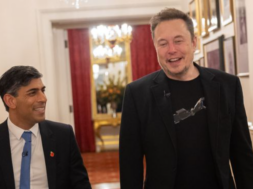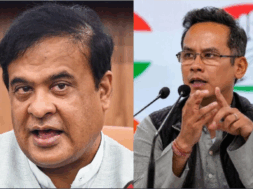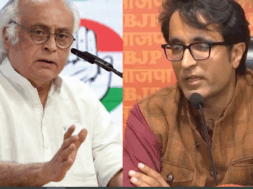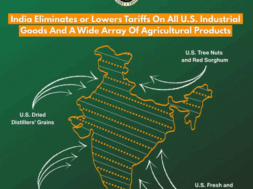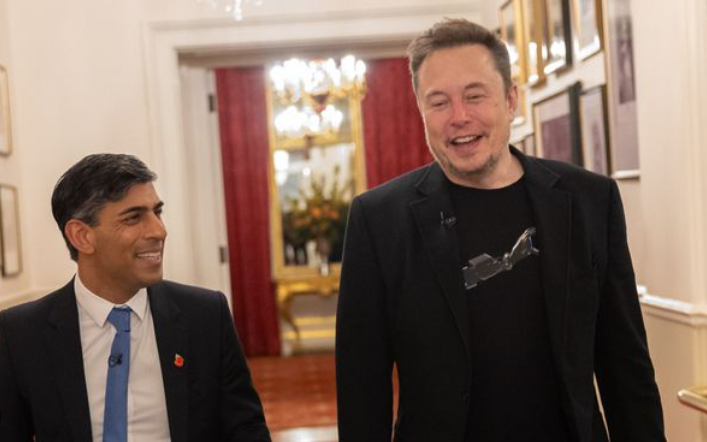
Roving Periscope: AI the most ‘disruptive force’ in history, warns Elon Musk
Virendra Pandit
New Delhi: The world’s wealthiest person and among the foremost technology savants, Elon Musk, has dubbed Artificial Intelligence (AI) as the “most disruptive force in history.”
“We will have something smarter than the smartest man,” he remarked, adding “As a result, there will come a point where no job is needed. You can have a job if you want a job.”
“Whether that makes people feel comfortable or not remains unclear. One of the challenges in the future will be how we find meaning in life.”
In a conversation with British Prime Minister Rishi Sunak, during the two-day AI Safety Summit, he renewed calls for regulations AU.
Any regulation “will be annoying, it’s true,” Musk said on Thursday, “but I think we’ve learned over the years that having a referee is a good thing.”
Musk’s high-profile appearance alongside PM Sunak capped off a Summit marked by tensions between those focused on supposed existential risks from AI and those who worry about near-term concerns, such as the technology’s potential to fuel discrimination and misinformation. Musk himself has repeatedly raised alarms about AI’s future impact on civilization.
On Wednesday, the British government unveiled the Bletchley Declaration, a communique signed by 28 countries, including India, the US, and China, warning of the potential for AI to cause “catastrophic” harm.
Musk praised PM Sunak’s invite to China to the Summit as “very good” and said he discussed AI safety on a visit to Beijing earlier this year.
“China is willing to participate in AI safety and thank you for inviting them,” the Tesla chief said. “I think we should thank China for attending.”
As the world recovered post-COVID, AI, which was in the works for nearly five decades, suddenly ‘broke out’ as another ‘pandemic’ in December 2022 and took the world by storm. Amid Russia’s ongoing invasion of Ukraine and that of Israel in the Gaza Strip, AI has emerged as the ‘most dangerous’ technology ever.
Few, except academics and professionals, paid attention to AI until a year ago. Most countries have little or no regulation or legislation to contain AI, and there’s no global agreement to deal with an emerging phenomenon that crosses borders instantly and silently.
PM Sunak’s initiative to host a global gathering intended to kick-start an international discussion about the benefits and perils of AI has drawn the world’s focus on this disruption. The venue London chose is also significant: Bletchley Park in southern England, once the base of Britain’s Second World War codebreakers so crucial to achieving victory over Nazi Germany.
The Artificial Intelligence Safety Summit intends to identify the risks posed by the rapid development of superintelligent technologies. The AI’s potential advantages are huge: speedy and reliable medical diagnosis, and perhaps treatment; the opportunity to phase out routine administrative work; and the advent of a new era of responsive technology.
But the risks are as massive. Apart from the dislocation of tens of millions of people being forced out of work because the AI could replace them en masse at a fraction of the cost, the technology could also be used malevolently by organized crime, terrorist groups, or hostile powers.
It could even be deployed to develop more effective bioweapons or launch more powerful cyber attacks. The possibility that AI goes rogue and turns against its creators is no longer simply science fiction, the media reported.
Early in 2023, over a thousand AI innovators and experts publicly appealed for a pause on the works of ‘giant’ AI systems.
“Recent months have seen AI labs in an out-of-control race to develop and deploy ever more powerful digital minds that no one – not even their creators – can understand, predict, or reliably control,” they warned.
“Powerful AI systems should be developed only when we are confident that their effects will be positive and their risks manageable.”
The European Union (EU) has already drafted an AI Act that is expected to become effective in 2024 and is described as the world’s first comprehensive AI law. It will, for example, limit the use of real-time facial recognition technology and give Brussels the power to shut down the services causing social harm.
This week, US President Joe Biden also issued an executive order that the US administration describes as ‘the most significant action ever taken’ on AI safety. India and many other countries have been reluctant to rush into AI regulation.
